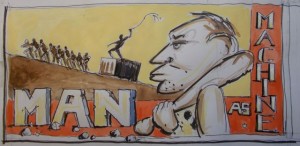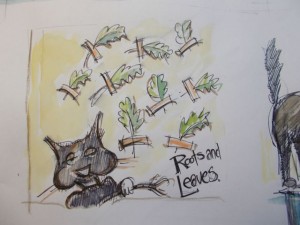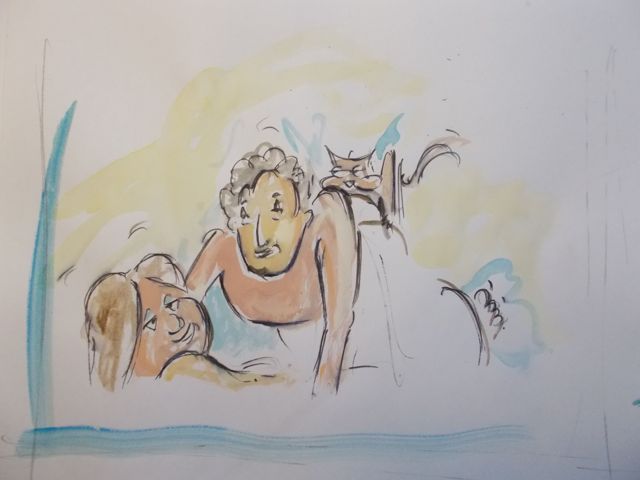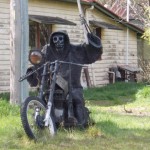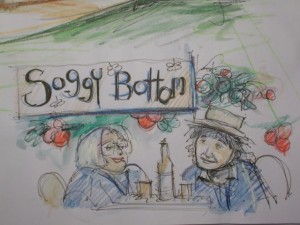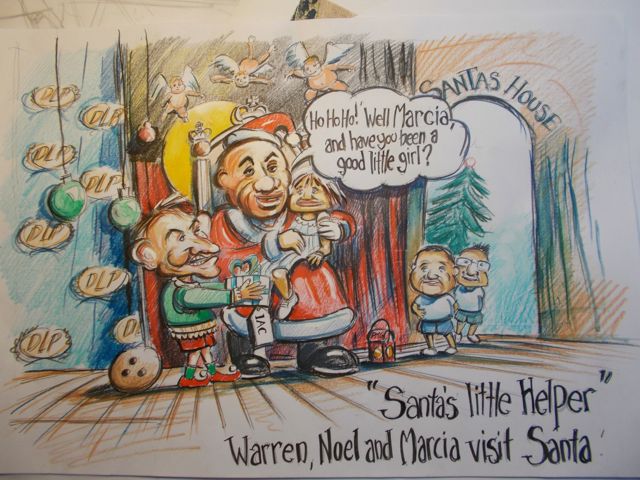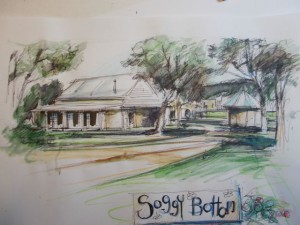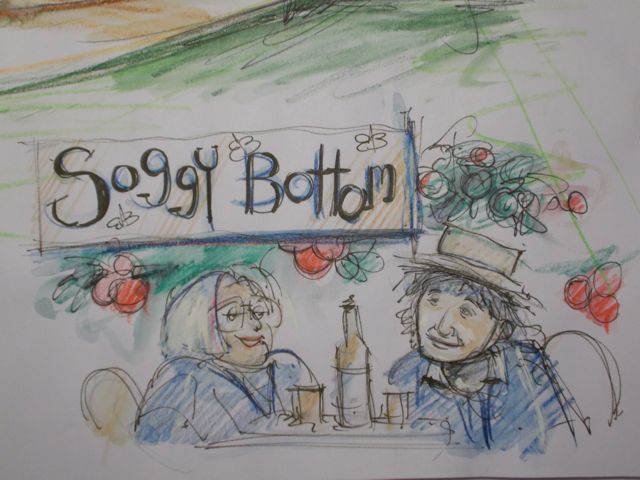Man as Machine VIII
by TARQUIN O’FLAHERTY
In 18th Century England you could buy a commission in the army or a seat in Parliament. George the Third, the King of England didn’t like the relative independence of his ministers and so set about restoring the balance. He was, after all much richer than the average duke or earl and could buy his way back to the levels of power his predecessors had so carelessly frittered away. Through various machinations he managed to turf out Lord Temple, a noted and influential aristo and William Pitt. Temple was so incensed by this that he allowed his follower, John Wilkes to publish a broadside, a rebuke against this treatment in his periodical called the ‘North Briton’. Well, old George the Third took astonishing umbrage at this. Nearly fifty people were arrested and then soon released because the warrants were, for various reasons, illegal. Wilkes was also arrested, incarcerated, then released again because his status as MP should have protected him against being banged up. The whole thing was a mismanaged shambles and London was greatly amused (and sympathetic). After all, Wilkes was a known and much admired rake, spendthrift, and an ex- member of the Hell Fire Club; he was the Errol Flynn of the 18th Century.
Parliament and the King then brought a more considered suit against Wilke’s ‘North Briton’ broadside, now referred to as ‘Number 45’. Wilkes was challenged to a duel by one of the King’s sycophants and was wounded badly. The House of Commons was ‘persuaded’ to condemn ‘No. 45’. Shaken, wounded, and understandably intimidated Wilkes left England for Paris. Whilst in the French capital recovering he was expelled from the House of Commons, and then declared a fugitive for not attending his trial.
The King’s power increased over the next few years and Wilkes found that a lot of his parliamentary support had evaporated. He was, as far as Parliament was concerned, a forgotten man. In 1768, an election year, Wilkes slipped quietly back from exile and promptly and brazenly offered himself as a candidate, first in the London election, then as a candidate for Middlesex. Of about 3,000 votes cast, Wilkes picked up 1,292, easily trouncing the two other candidates.
Well, this kicked up a fine how d’you do, and no mistake. The lower orders, deprived for years of their hero, went absolutely wild. They needed a hero, they needed someone to rein in the King’s increasingly dictatorial ambition, and they had decided that Wilkes was their man.
Wilkes presented himself to justice and was immediately jailed, to await trial. A huge gathering of people, at a place called St George’s Fields, demonstrated vociferously in favour of Wilkes. The crowd was dispersed by the simple expedient of calling out the Army who shot dead at least six people, and wounded many others. This was all much too murderous. Considering the temper of the time this was also stupidly high-handed. Sympathy began to gather amongst the influential. The judge at Wilkes’ trial, instead of banging him up for life, threw out his outlawry and, ignoring the King’s need to crush Wilkes, fined him a thousand pounds and sentenced him to 22 months jail.
TO BE CONTINUED

